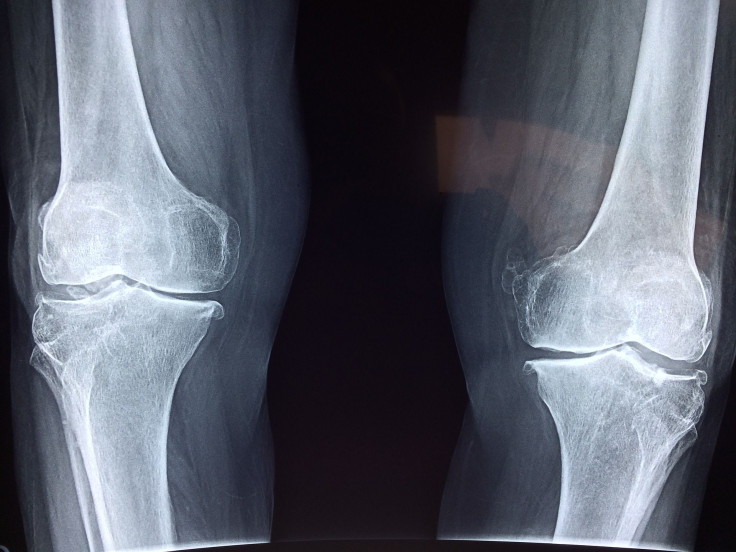Knee Arthritis Rates Have Doubled, But Scientists Can’t Figure Out Why

Individuals born after World War II are twice as likely to develop knee arthritis, also known as knee osteoarthritis, than those born in generations before them, a new Harvard study suggests. However, the reason for more arthritis cases is not clear, and researchers are racing to find the cause in order to prevent the problem from spreading.
Logical culprits, such as rising obesity rates and longer lifespans, do not appear to be behind the arthritis increase. Instead, something else, likely related to our modern environments, is behind Americans’ failing knee health, and researchers are reviewing human fossil records to figure out what it is.
Ancient Disease
For the study, researchers looked at more than 2,000 ancient human skeletons dating as far back as 6,000 years ago. This data was then combined with information on human knee health from early industrial times (such as the 1800s) and from post-modern era people. The analysis revealed that knee arthritis is on the rise, with individuals born after WWII twice as likely to get the condition at any given age or BMI, than humans who were born in earlier generations. So this ruled out obesity and longer lifespans as primary causes.
"This is an example of how evolutionary thinking can contribute to our understanding of what causes certain diseases," study first author Ian Wallace said in a statement. "We identified the post-war period as a critical time...and it's only with an evolutionary perspective that we gain that insight."
Toll Of Knee Arthritis
Knee arthritis is extremely widespread, with almost 20 percent of Americans over the age of 45 experiencing some degree of the condition, Science Mag reported. The condition occurs when the two bones that create the knee joint continuously wear away at each other and break down the protective tissue, known as cartilage, that prevents the bones from touching. When this occurs, it causes swelling, stiffness, and decreased mobility, WebMD reported.
In addition to being a great source of pain, knee arthritis is also one of the leading causes of disability. Unfortunately, the only way to reverse this condition is to get a knee transplant -- a serious operation that's not even possible for many. Doctors want to figure out a way to prevent patients from developing knee arthritis in the first place, but that's tough when they don't know what is causing it.
"There are a lot of well-understood risk factors for heart disease, so doctors can advise their patients to do certain things to decrease their chances of getting it," said study first author Daniel Lieberman in a statement. "We think knee osteoarthritis belongs in the same category because it's evidently more preventable than commonly assumed. But to prevent the disease more work needs to be done to figure out its causes."
While the researchers are still not clear as to what’s causing the increase in knee arthritis, they believe it's likely linked to environmental factors, and plan to further study the topic.
"Knee osteoarthritis is not a necessary consequence of old age. We should think of this as a partly preventable disease," concluded Lieberman.
Source: Wallace IJ, Worthington S, Felson DT, et al. Knee osteoarthritis has doubled in prevalence since the mid-20th century. PNAS . 2017
Published by Medicaldaily.com



























